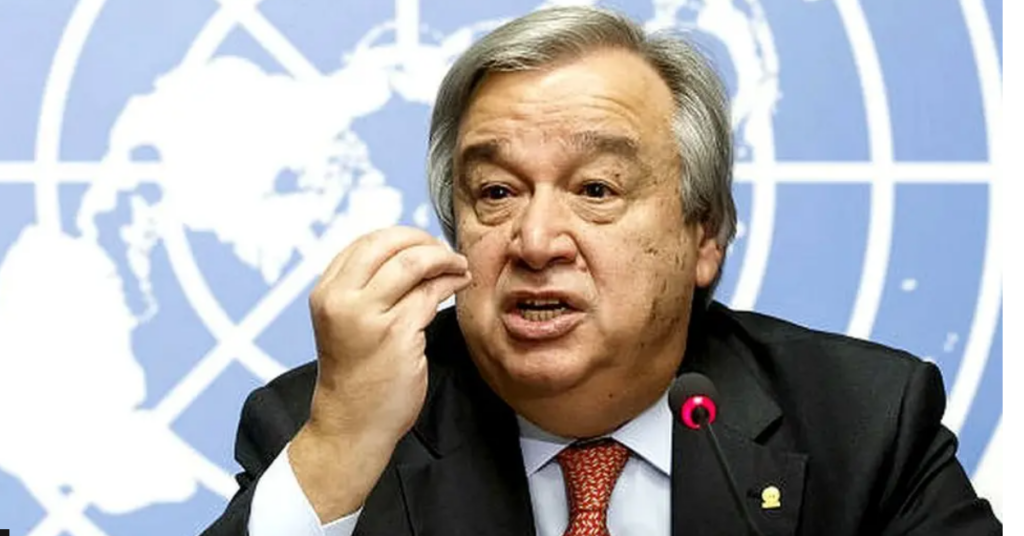Secretary-General António Guterres on Thursday appointed Maj. Gen. Junhui Wu of China as the new force commander for the U.N. peacekeeping mission in South Sudan, known as UNMISS.
Wu succeeds Lt. Gen. Mohan Subramanian of India. Guterres expressed gratitude for Subramanian’s leadership of the mission, which is tasked with protecting civilians in the conflict-torn nation.
A veteran of the People’s Liberation Army, Wu brings 40 years of military and peacekeeping experience to the role. He most recently served as the defense attaché at the Chinese Embassy in Germany. He previously held similar diplomatic posts in Canada and Syria.
Wu is no stranger to the U.N. system. From 2012 to 2014, he served as assistant director-general of the Peacekeeping Affairs Office at China’s Ministry of National Defense. His previous field experience includes stints as a military observer in Western Sahara and the Democratic Republic of the Congo, as well as a post as a planning officer at U.N. headquarters in New York.
The general’s appointment comes as UNMISS continues to navigate a fragile security environment in South Sudan. China has increasingly become a major contributor of personnel to U.S. peacekeeping operations in recent years.
Wu holds a master’s degree from China’s National Defence University and is fluent in English.




